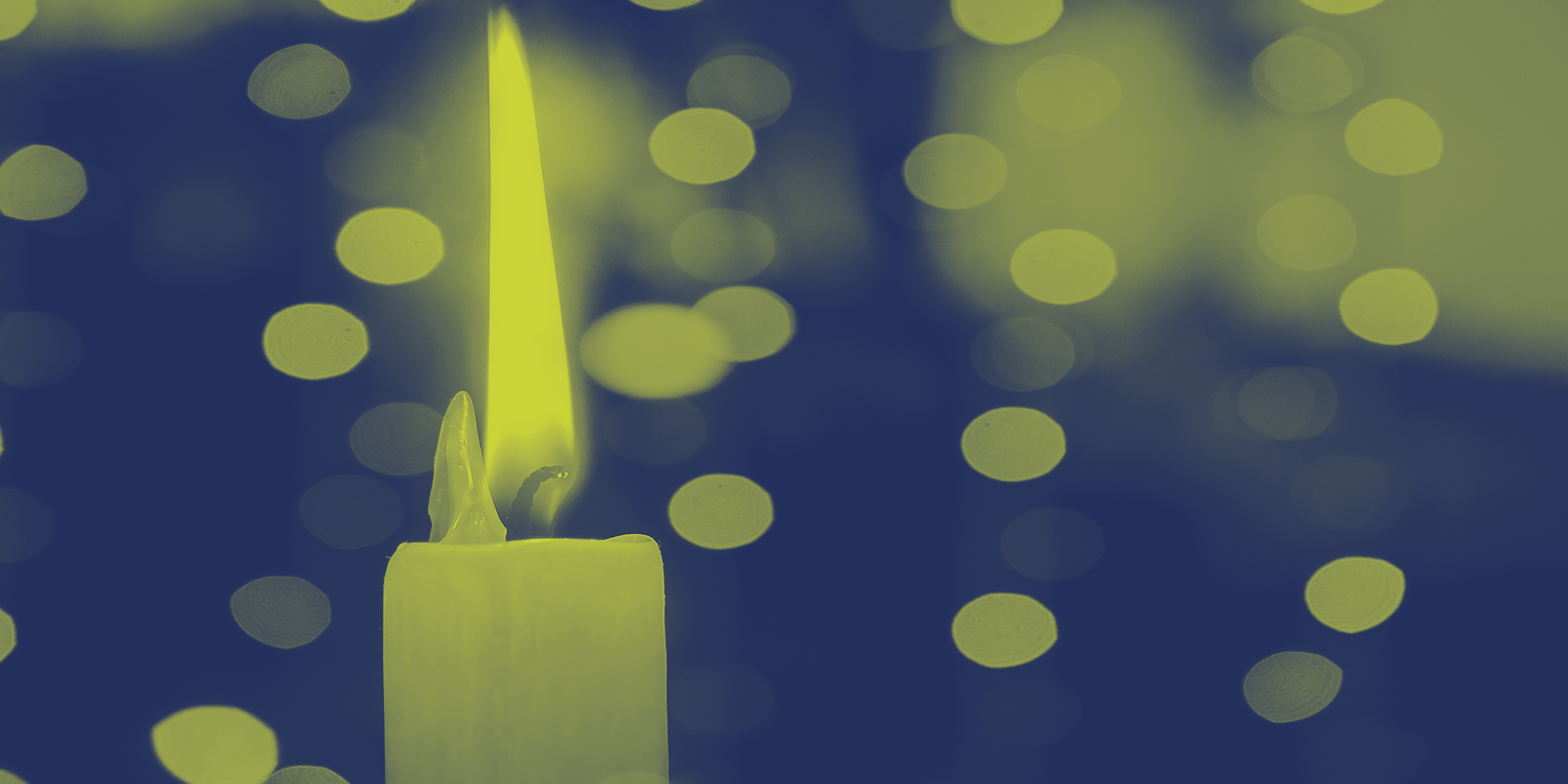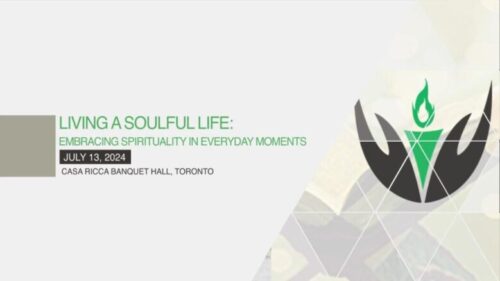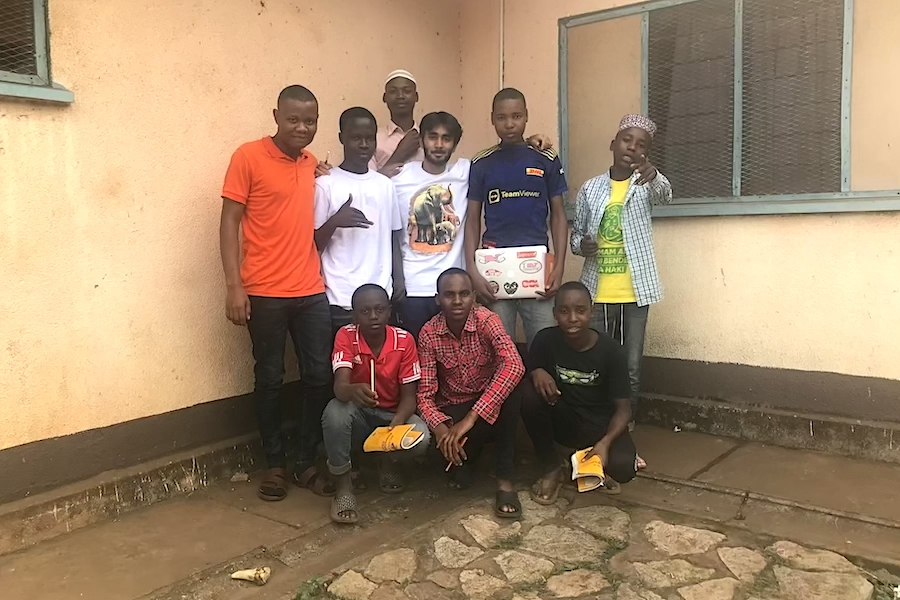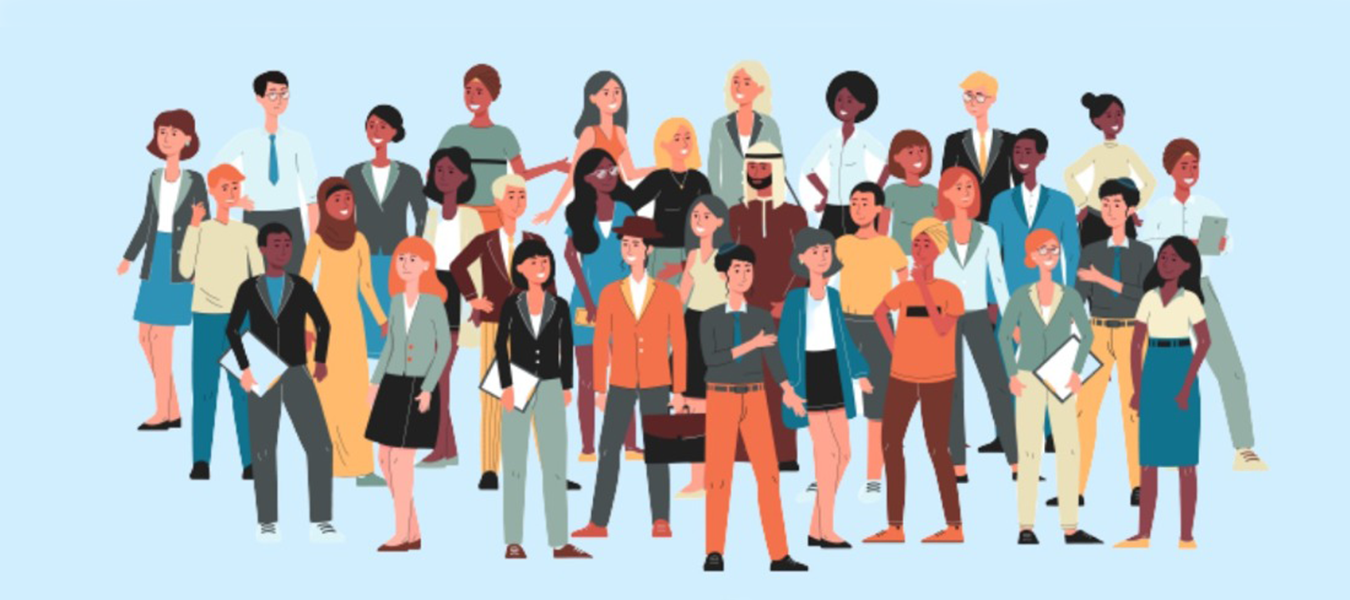On June 6, a 20-year-old man deliberately drove his truck into a family of five. Witnesses say the driver flew past cars stopped at red lights, steered his vehicle up onto the sidewalk and ran over the Muslim family that was out on a Sunday evening stroll. Three generations were killed: grandmother Talat, parents Madiha and Salman, and teenage daughter Yumna. Nine-year-old Fayez is in the hospital with serious injuries.
This fatal attack on the Afzaal family of London, Ontario, has not only left us devastated but also weary. How do we begin to end the hate that flows so freely among us?
One act destroyed many lives. Yet this one act was not one moment. In the aftermath of Sunday’s tragedy, police announced very quickly that there was evidence that the Afzaals were targeted because of their faith and that this was premeditated. This means an adult man had many moments to consider, and reconsider, what he was planning. Now four people are dead while a young boy struggles to survive. What really motivated a fellow Canadian to do such a heinous thing? Where does this level of rage come from? What has led him to have so little regard for human life: other people’s and his own?
In the early days of this tragedy as relatives and a community mourn, we all extend our heartfelt condolences and wait for more answers. With the Muslim community in fear, some people are labelling this an act of terror. The outpouring of grief and love at Tuesday night’s vigil shows that the nation understands what this really is: a crime against humanity.
Intolerance, extremism and other manifestations of racism are not innate. As a nation, on every level, we need to begin to examine how and why this hatred continues to thrive in the twenty-first century. As peaceful and prosperous as Canada is, hate is nothing new here. Just as hate turned a London intersection into a crime scene this week, hate turned the École Polytechnique into one in 1989, while hate turned a Kamloops residential school into a literal graveyard. As conscious beings, what is our collective responsibility in addressing the root causes of this intolerance so that we may achieve restorative transformation?
As we pray for the loss of four human souls, we direct our thoughts to nine-year-old Fayez. What does the future have in store for this innocent boy whose life has been shattered? We pray for his survival, but we are concerned about his long-term health, both physical and psychological. Undoubtedly he will be haunted. He will ask why this happened. What will we, as his new collective Canadian family, do now to answer him honestly? What will it take from us to help Fayez recover and become a source of healing? Can we respond in a way that will stop other children having to ask “why?” in the future? Can we work together to ensure all our children instead become agents of love and goodness? Let us turn inward and realize our roles for one humanity. Then let us turn towards our leaders and demand we all work together to take real, long-overdue action.




